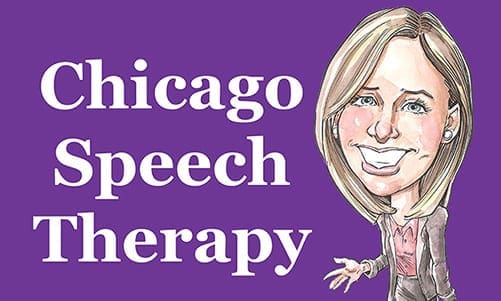Here are a list of milestones to keep in mind as you observe your child’s speech and language development. Take note of any inconsistencies and share them with your speech-language pathologist. While some inconsistencies may not be alarming, it is still better to check to make sure your child is on the right track and is developing normally. In the …
Trastorno mixto del lenguaje receptivo-expresivo y cómo la ayuda logopédica es fundamental
Two Types of the Disorder Mixed receptive-expressive language disorder is when your child displays problems with speaking and understanding others. There are two types the disorder: Developmental mixed receptive-expressive disorder usually appears when a child is learning how to talk. The cause is unknown, but therapy at the onset of symptoms yields the best results. Acquired mixed receptive-expressive language disorder …
Speech and Language Disorders in Children: A Short Summary by Chicago Speech Therapy
The Anatomy of Speech Disorders Language develops naturally, starting when the child is just an infant. In order for a child to develop language, he or she must be able to effectively see, hear, understand and remember, and process any information he or she absorbs to make sense of it. Although this is a natural process, some children have difficulty …
5 Ways to Encourage Your Child to Talk and Increase Speech Development by Chicago Speech Therapy
Even if your child has not started using words, you can still communicate with your baby. By now you have probably deciphered what certain cries and coos mean; and your child has most likely learned the sound of your voice and turns his or her head toward you when you speak, acknowledging that you are talking. These are the first …
Why Should My Late Talker get a Hearing Evaluation? by Chicago Speech Therapy
Most parents are familiar with the idea of milestones in speech development – children first babble, say their first word, string words together, etc. – and that these milestones generally happen within specific age ranges. It is understandable to be concerned if your child is not developing speech according to these guidelines as it could be an indicator that your …
Chicago Speech Therapy: What is Stuttering?
Stuttering is a speech disorder in which sounds, syllables, or words are repeated or prolonged, disrupting the normal flow of speech. It is one of the most common speech disorders among children, and can have a big impact on a person’s life if left untreated. Occasionally, stuttering is accompanied by other nervous physical manifestations, such as rapid eye blinks or …
Lo que los padres deben saber sobre los trastornos del habla y del lenguaje por Chicago Speech Therapy
The Difference Between Speech and Language Disorders A speech disorder is when a child is unable to produce speech sounds effectively or correctly; or, when there is a problem with his or her voice. Stuttering would be an example of a speech disorder. A language disorder is when a child has trouble understanding what is being said to him or …
What is a Receptive Language Disorder? by Chicago Speech Therapy
Identifying the Symptoms Do you ever get the feeling that your child is having trouble listening to you? Maybe he or she doesn’t seem to be interested when you read story books aloud. Or perhaps you’ve noticed that your child has trouble following spoken instructions. Does he or she often parrot your words back to you? These behaviors could be …
Tratamiento de la apraxia infantil por la logopedia de Chicago
As adults, we take speech for granted. Adults can talk all day and sometimes not even think about it, so it’s difficult to comprehend why your child is struggling with something as natural as speech. However, in reality, the oral-motor skills needs to speak properly are very complicated – and this is evident when we see how long it takes …
Terapia del habla en Chicago: ¿Qué es la parada?
What is Stopping in Speech? When a child has a difficult time pronouncing some sounds, they might make substitutions. For example, a child might say “shtip” instead of “ship” or “dope” instead of “soap.” This particular type of behavior, when a child inserts a “stopping” consonant (b/p/t/d/g) is appropriately called “stopping” and generally develops when a child is between 3-5 …
